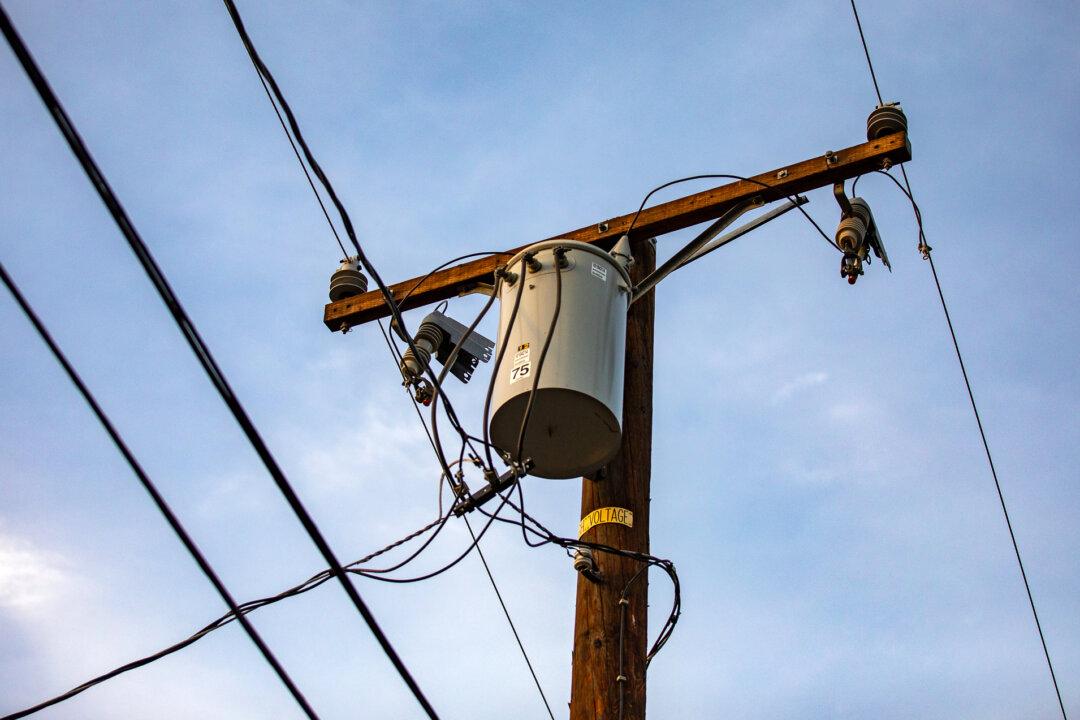A community choice aggregation (CCA) company that was formed to procure energy for several cities in Southern California’s Riverside County has filed for bankruptcy, citing increased costs and lower revenue during the COVID-19 pandemic.
Western Community Energy (WCE) is a joint powers authority (JPA) consisting of the cities of Eastvale, Hemet, Jurupa Valley, Norco, Perris, and Wildomar. The JPA was formed last year to develop a CCA program and purchase energy on behalf of residents and businesses as a “cost-competitive alternative” to electricity offered by Southern California Edison (SCE).





